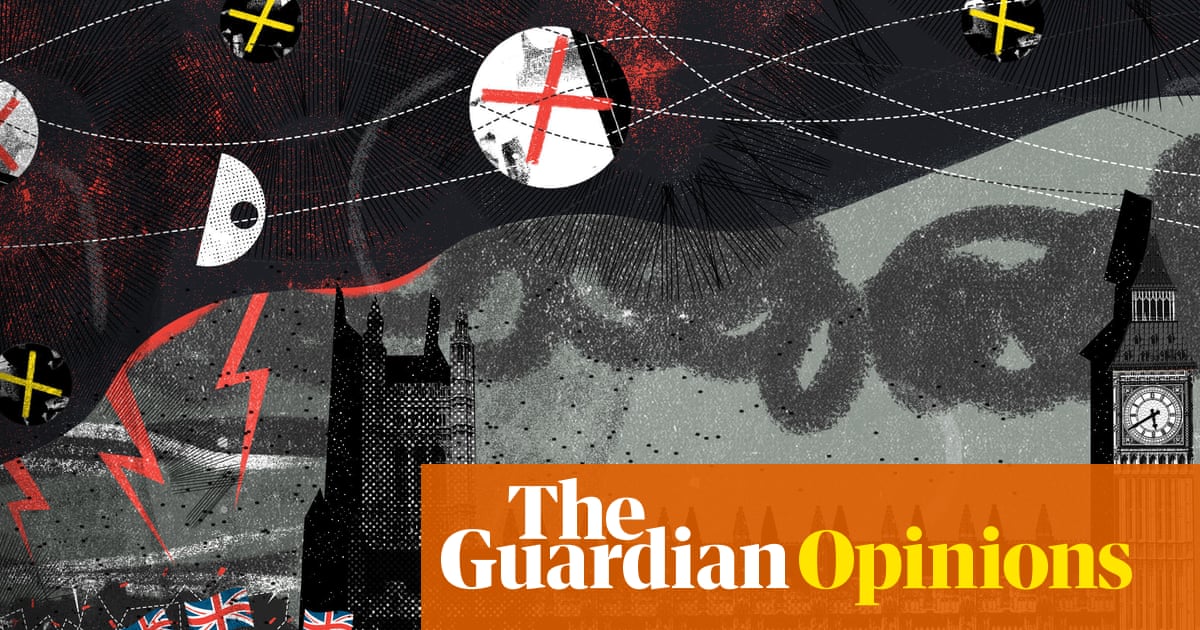
"To achieve a similar grasp of rights and powers in the UK, you'd need to be a professor of constitutional law. They are contained in a vast and contradictory morass of legal statutes, court precedents, codes of conduct, scholarly opinions, treaties, traditions, gentlemen's agreements and unwritten rules. They are rendered still less intelligible by arcane parliamentary procedures and language so opaque that we need a translation app. This mess allows great scope for interpretation, which ruthless operators readily exploit."
"Think of Boris Johnson's use of Henry VIII powers and his prorogation of parliament, or Tony Blair's attempt to stop parliament debating his attack on Iraq, by invoking royal prerogative. These gentlemen are no gentlemen. Unwritten rules are for suckers. It's not that the UK has no constitution. We have one, but its thread is as easy to follow as a fishing line washed ashore after months at sea, bundled and ravelled in weed and tar."
A clear, widely distributed written constitution provides citizens with accessible rights and powers, as exemplified by Brazil's 1988 constitution. The UK’s constitutional arrangements are dispersed across statutes, precedents, codes, treaties, traditions and unwritten rules, made less intelligible by arcane parliamentary procedures and opaque language. That complexity creates scope for interpretation and exploitation by political actors using executive powers, prorogation and prerogative to sidestep parliamentary scrutiny. The ambiguity surrounding citizenship rights undermines democratic clarity. Rising admiration among some political figures for autocratic models, praising the absence of protests and minimal welfare, heightens the risk of authoritarian shifts.
Read at www.theguardian.com
Unable to calculate read time
Collection
[
|
...
]